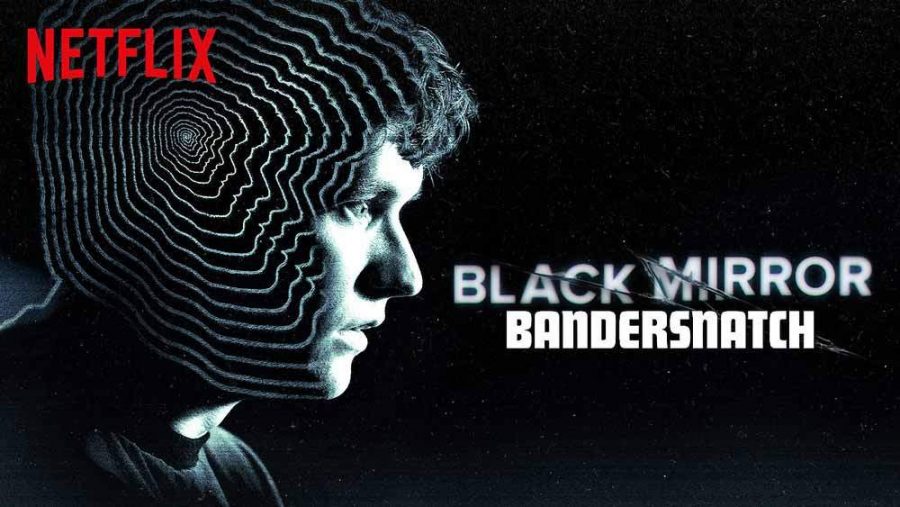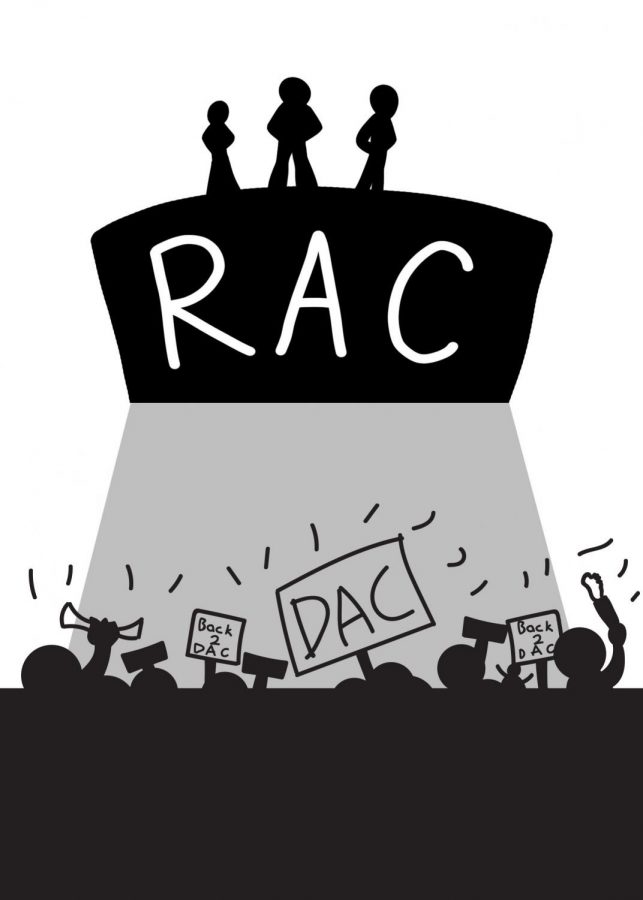The Trinity Voice strives to emulate professional journalism in every way possible, from the manner in which its writers conduct interviews to the omission of Oxford commas. Sometimes we make mistakes, but the intent has always been to establish a level of integrity with the student body.
But this effort is undermined by two existing policies: prior review, the practice of allowing administration to read an article before publication, and prior restraint, the practice of allowing administration to change an article before publication.
While both policies are extremely uncommon in the world of professional journalism, Trinity’s administration expects the Voice to submit articles covering potentially controversial topics prior to publication.
Furthermore, because these policies are generally unknown to the student body, inexplicable and awkward changes to articles are attributed to the judgement of staff writers rather than the demands of administration.
For example, prior restraint can force the usage of pseudonyms for sources who had already consented to being named in the article — as was the case with the Voice’s October article covering the Master’s game injuries and subsequent FHSAA sanctions.
The article was planned and executed to be purely factual. Extensive edits were made to ensure that there was no editorialization. Each injured athlete featured in the article was personally interviewed for fact-checking purposes and to obtain consent for their named inclusion in the article.
Regardless, administration required the usage of pseudonyms, citing privacy concerns for the athletes and the Health Insurance Portability and Accountability Act (HIPAA).
HIPAA regulates the ability of “covered entities” — health insurers, health care providers and health care clearinghouses — to release a patient’s medical records. It does not regulate the ability of sources to report their own medical conditions to publications.
The result: An article that was meant to create a dialogue about both school and FHSAA football policies instead only created confusion as to why the Voice decided to use fake names for its sources.
Furthermore, this is not the only example of prior review and restraint twisting an article’s message and impact.
In the case of an editorial identifying flaws in sex education curriculum, prior restraint prevented the article’s publication. The staff was left with no option for compromise.
In the case of an editorial on teen drinking culture, prior restraint required the omission of references to a directly related incident. The focus of the article was fundamentally shifted from the school’s policies to the student body’s attitude.
And after the most recent FHSAA article, there seems to be no indication that administration intends on changing the status quo.
Make no mistake — Trinity Prep, as a private school, has every legal right to exercise prior review and restraint. Freedom of the press is not granted to the Voice by the First Amendment. Even Supreme Court rulings like Hazelwood School District v. Kuhlmeier, which ruled that schools only have the right to restrict freedom of the press in the case of “legitimate pedagogical concerns” (significant disruptions to classroom activities), cannot be called upon.
But just because they have the right does not make it right.
Ideal newspapers should not work to reflect the values or beliefs of an entity. Nor should they act as an advertisement for an idealized community. Least of all should they actively withhold pressing information from their readers.
A lack of independence threatens a publication’s ability to keep from devolving into these mockeries of journalism.
Granted, prior review has resulted in revelations concerning unforeseen liabilities and consequences. And the risk that a newspaper becomes corrupted — even in the absence of prior review and restraint — will always exist.
Still, the community of professional journalists has a code of ethics designed to handle difficult situations — liable sources, conflicts of interest, etc. As student journalists, the staff writers of the Voice are educated to follow this code of ethics.
With prior review of administration superseding this code of ethics, a student newspaper loses its legitimacy as a publication.
Most of all, however, a free press is necessary for the sake of the Trinity student body. Sure, the current iteration of the paper can perform satisfactory surface-level coverage of football injuries. But an uninhibited publication is necessary for covering the major issues of the campus when they arise — for providing the student body with accurate, reliable information that rises above the air of gossip and rumors that we currently have to rely upon.
It’s time to free Trinity’s Voice.












